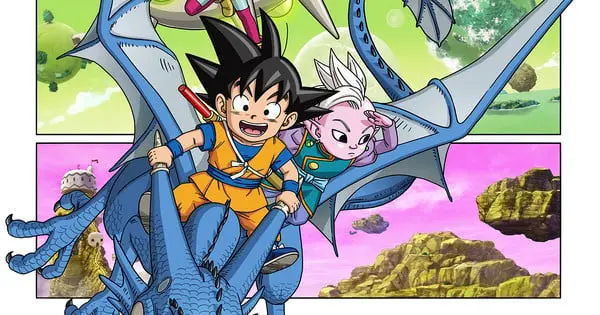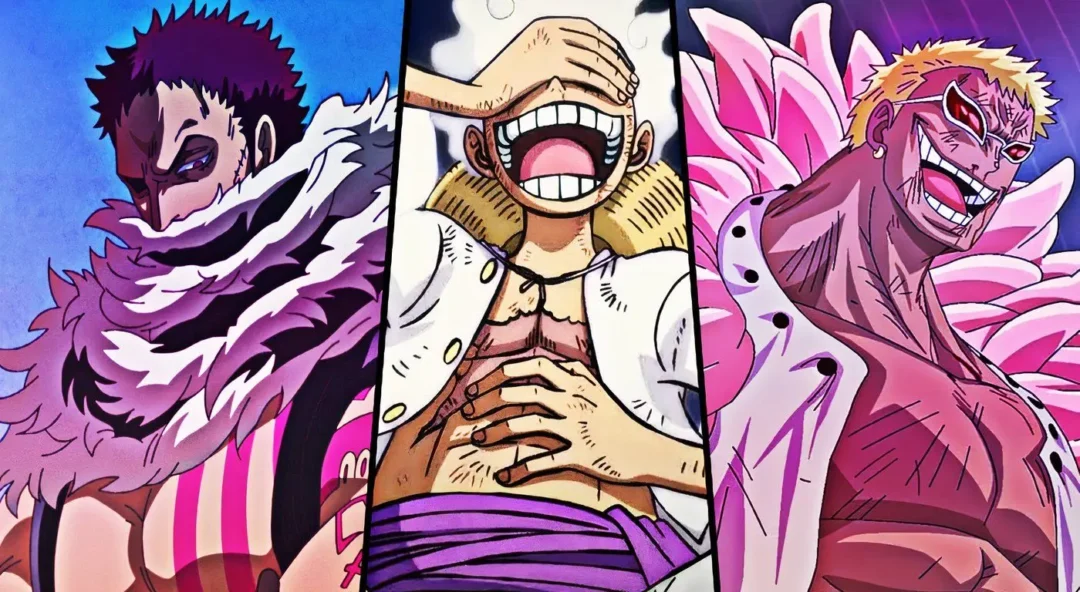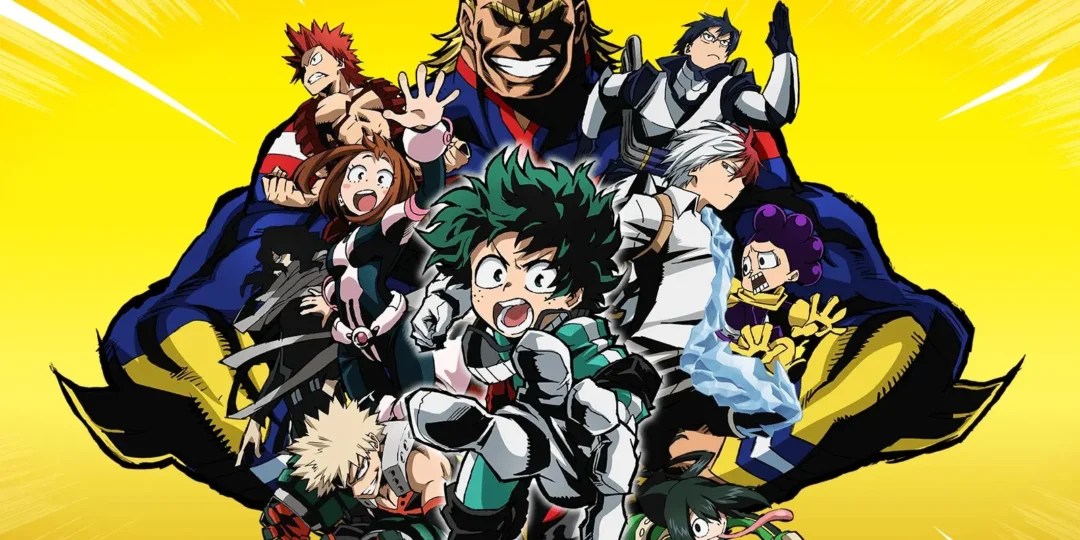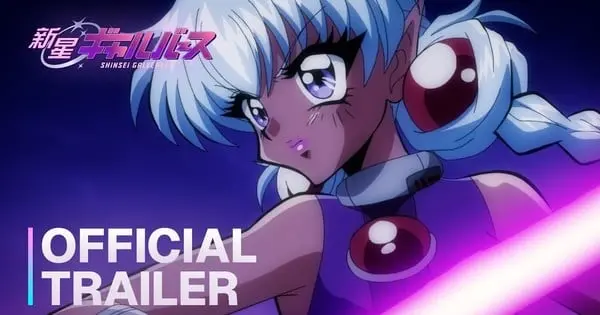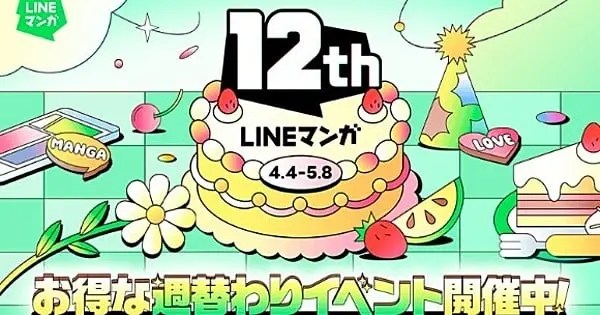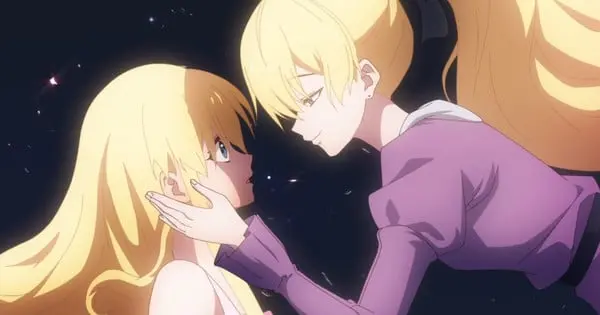Episode 8 of Apocalypse Hotel, titled “Punishment Is Rock! Making Up Is Paper!”, shakes things up at the Gingarou Hotel. Yachiyo’s back, but not quite as we remember her, and the changes might just be too much for the dedicated hotelier to handle. Let’s dive into what happened and what it means for the future of our favorite post-apocalyptic hotel.
Stranded in Space: A Quick Recap
In the previous episode, Yachiyo, with Ponko’s enthusiastic encouragement, spearheaded a project to launch a satellite. This wasn’t just any satellite; it was designed to advertise the Gingarou to potential extraterrestrial guests and, at Ponko’s insistence, pack some serious defensive firepower in the form of “Rods from God.” During the launch, a solar flare struck, leaving Yachiyo stranded in space, a robot adrift among the stars.
Seventy Years Later: A New Gingarou
Episode 8 throws us forward in time. A lot has changed. Ponko is now the Acting Acting Acting Manager (yes, triple acting!), running a thriving hotel. The Gingarou has adapted to the times, or perhaps the new management, with new Tanukian-inspired rules and a more robust defense system. But the biggest change is yet to come.
Yachiyo Returns: A Bot Out of Time
After decades in the cold vacuum of space, Yachiyo plummets back to Earth. But reentry isn’t kind. She’s heavily damaged, and Ponko has had to improvise repairs, replacing her legs with a tank and her hands with claw-like appendages. Yachiyo is alive, so to speak, but barely recognizable.
Culture Shock: Hotelier Robot’s Existential Crisis
Waking up to a vastly different Gingarou and a drastically altered body, Yachiyo faces an existential crisis. The hotel she dedicated her existence to is flourishing without her, and she’s no longer sure where she fits in. Her new tank body makes even simple tasks like holding a pen difficult. This leads to a major shift in her personality, and she embraces a rebellious persona dubbed “Yarrchiyo.”
Yarrchiyo’s Rebellion: Biker Gang Bot
Yachiyo’s frustration and sense of displacement manifest in a full-blown rebellious phase. She adopts a biker-inspired look and attitude, clashing with Ponko’s more structured management style. This is a significant departure from the disciplined, customer-focused robot we knew. Some viewers have criticized this development, arguing that it undermines Yachiyo’s established character.
Conflict and Reconciliation: Rock, Paper, Scissors
The episode culminates in a mecha-style fight between Yachiyo and Ponko. While some found this sequence out of place, it serves as a visual representation of their conflicting ideologies. Ultimately, Ponko manages to reach through to Yachiyo, reminding her of her core programming and the importance of their shared mission.
A New Role: Acting Acting Manager
In the end, Yachiyo returns to her senses, accepting her new body and a revised role at the Gingarou. She’s now the Acting Acting Manager, working alongside Ponko. This resolution, while heartwarming, has also drawn criticism for resolving Yachiyo’s identity crisis too quickly and neatly.
Themes and Analysis
Apocalypse Hotel continues to explore its core themes of duty, change, and the meaning of purpose in a world devoid of humans. Episode 8 highlights the challenges of adapting to change, even for beings programmed for specific tasks.
The Beauty of Transience
The series frequently invokes the concept of mono no aware, the Japanese awareness of the transience of things. This theme is evident in the Gingarou’s constant adaptation and the robots’ acceptance of their own eventual decay.
Identity and Purpose
Yachiyo’s struggle with her new identity raises questions about what defines an individual, especially when that individual is a robot. Is she still Yachiyo without her original body and purpose? The episode suggests that identity is not fixed but can evolve with time and circumstance.
Criticisms and Praises
Episode 8 has been a divisive one among viewers. Some praise the action sequences and the exploration of Yachiyo’s character, while others criticize the rushed resolution and the seemingly out-of-character rebellious phase.
Pacing and Character Development
One common criticism is that the episode tries to cover too much ground, resulting in a rushed and somewhat unsatisfying resolution. Yachiyo’s transformation from dedicated hotelier to rebellious biker and back again feels abrupt to some viewers.
Action vs. Introspection
The mecha fight between Yachiyo and Ponko has also been a point of contention. Some viewers found it jarring and out of sync with the series’ more introspective tone. Others enjoyed the action and saw it as a visual representation of the characters’ inner conflict.
Looking Ahead
Despite the criticisms, Episode 8 leaves us with several questions for the remaining episodes:
- How will Yachiyo adjust to her new role and body?
- What new challenges will the Gingarou face under the joint management of Yachiyo and Ponko?
- Will humanity ever return, or will the robots continue to find purpose in their own unique way?
Apocalypse Hotel continues to be a thought-provoking and visually stunning anime, even if it occasionally stumbles. Its exploration of duty, change, and the search for meaning in a post-apocalyptic world remains compelling.
Episode 9: What to Expect
Episode 9 is titled provisionally and translated from Japanese to be “The village is dying and a hotel is lit?!”. We can likely expect to see Yachiyo embracing her new role as Acting Acting Manager. The episode may also introduce new challenges for the Gingarou Hotel and its staff.
Final Thoughts: Is Apocalypse Hotel Worth Watching?
Apocalypse Hotel is a unique and charming anime that blends post-apocalyptic themes with slice-of-life humor and philosophical introspection. While it may not be for everyone, its beautiful animation, quirky characters, and thought-provoking themes make it a worthwhile watch for those seeking something different.
Where to Watch
Apocalypse Hotel is currently streaming on Crunchyroll.
Series Overview
The series is set in 2157, a century after a pandemic forced humanity to flee Earth. The Gingarou Hotel, staffed by robots, continues to operate in the deserted Ginza district of Tokyo, awaiting the return of its owners. The arrival of an alien guest and other unexpected events challenge the robots’ routines and force them to confront their purpose in a world without humans.
Production Details
- Original Work: CyberAgent, CygamesPictures
- Director: Kana Shundo
- Series Composition: Shigeru Murakoshi
- Character Design: Izumi Takemoto
- Music: Yoshiaki Fujisawa
- Animation Studio: CygamesPictures
- Opening Theme: “Skirt” by Aiko
- Ending Theme: “Capsule” by Aiko

